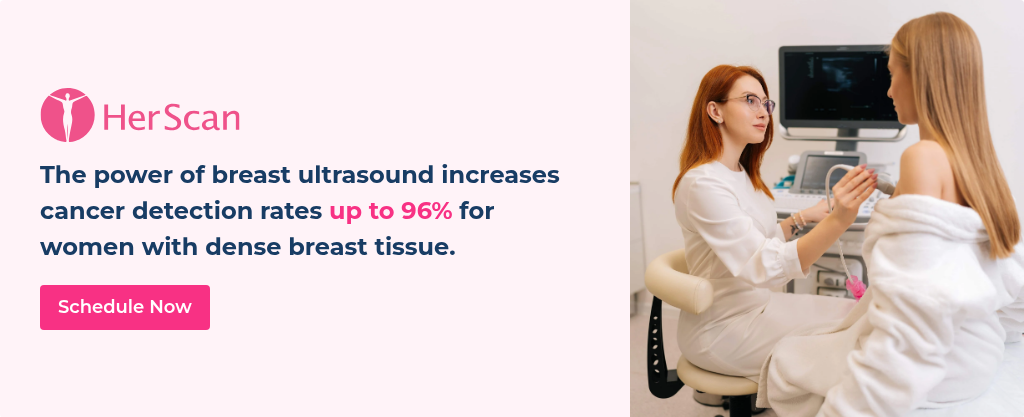A recent study on the link between dairy milk and breast cancer risk is making headlines. While milk and dairy products are excellent sources of calcium and protein, this recent research reveals that there may be some downsides to consuming too much dairy. Before you banish all milk products from your kitchen, it’s important to have the facts on the overall recent research.
Is drinking dairy products linked to an increased risk of breast cancer? Here are the facts that we know.
Dairy and Breast Cancer Research
The International Journal of Epidemiology studied approximately 53,000 women and their eating patterns. About 40% of the women were vegetarians that did not consume milk or eggs and substituted soy for their protein source. The other women in the study ate a typical diet of all food groups, including milk and eggs. At the start of the study, all women were cancer-free. By the end of the study, 1,057 had been diagnosed with breast cancer.
The study found that there were no connections found between soy consumption and breast cancer. The researchers found that a higher milk calorie intake did relate to breast cancer development. However, each woman had their own set of risk factors, including family history, BMI and alcohol consumption. Therefore, some of the risk factors are unaccounted for in this study and it can not conclusively determine if milk was the source for breast cancer.
Traces of growth hormones in milk are also being studied to determine if there is a link to increased breast cancer risk. There is a tremendous amount of recent studies on milk's effects and various types of cancers. Some studies suggest consuming dairy products will decrease the risk of developing one particular type of cancer, bowel cancer. However, the current research on dairy products and breast cancer is inconclusive with not enough evidence supporting either claim. More high-quality studies are needed to determine this link.
Consumers may be worried about the number of hormones that are found in dairy products. However, while these products do contain hormones, they are in such small amounts that it does not pose a health threat. There is no valid evidence that shows milk hormones cause cancer.
Eating a Balanced Diet for Reducing Breast Cancer Risk
The U.S. dietary guidelines still recommend women consume three cups of dairy daily. This can be from such sources as cheese, milk, yogurt, etc. In addition, there are many alternatives to dairy products on the market that support a balanced diet and are rich in calcium and protein.
There are many proven cancer-fighting foods you can incorporate into your diet. A couple of these include:
- Legumes, including chickpeas, lentils, peas and beans, are an excellent source of many important nutrients and minerals, such as zinc.
- Adding dietary fiber to your meal plan can help increase the elimination of estrogen in the body. It is recommended to consume up to 25.2 grams of fiber in one day.
- Healthy fats include avocado, fatty fish, chia seeds, extra virgin olive oil and nuts. Healthy fats have the ability to support cell function and help your body absorb important nutrients.
- Mushrooms are rich in selenium, a mineral found in soil that contains antioxidant properties that may enhance can enhance your immune system response.
- Drinking green tea has a number of positive health benefits, from reducing blood pressure to even improving dental health and the risk of breast cancer.
If you want to do more for your health, schedule a Breast Ultrasound Screening appointment with us. HerScan is a mobile breast screening service, meaning we travel all over the country to hundreds of different cities to hold our health events.

